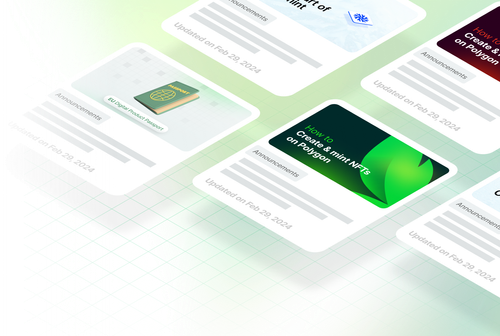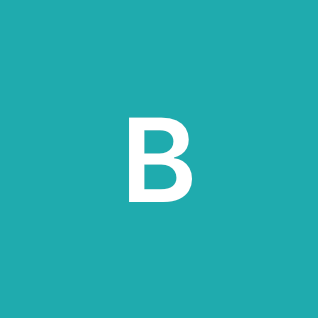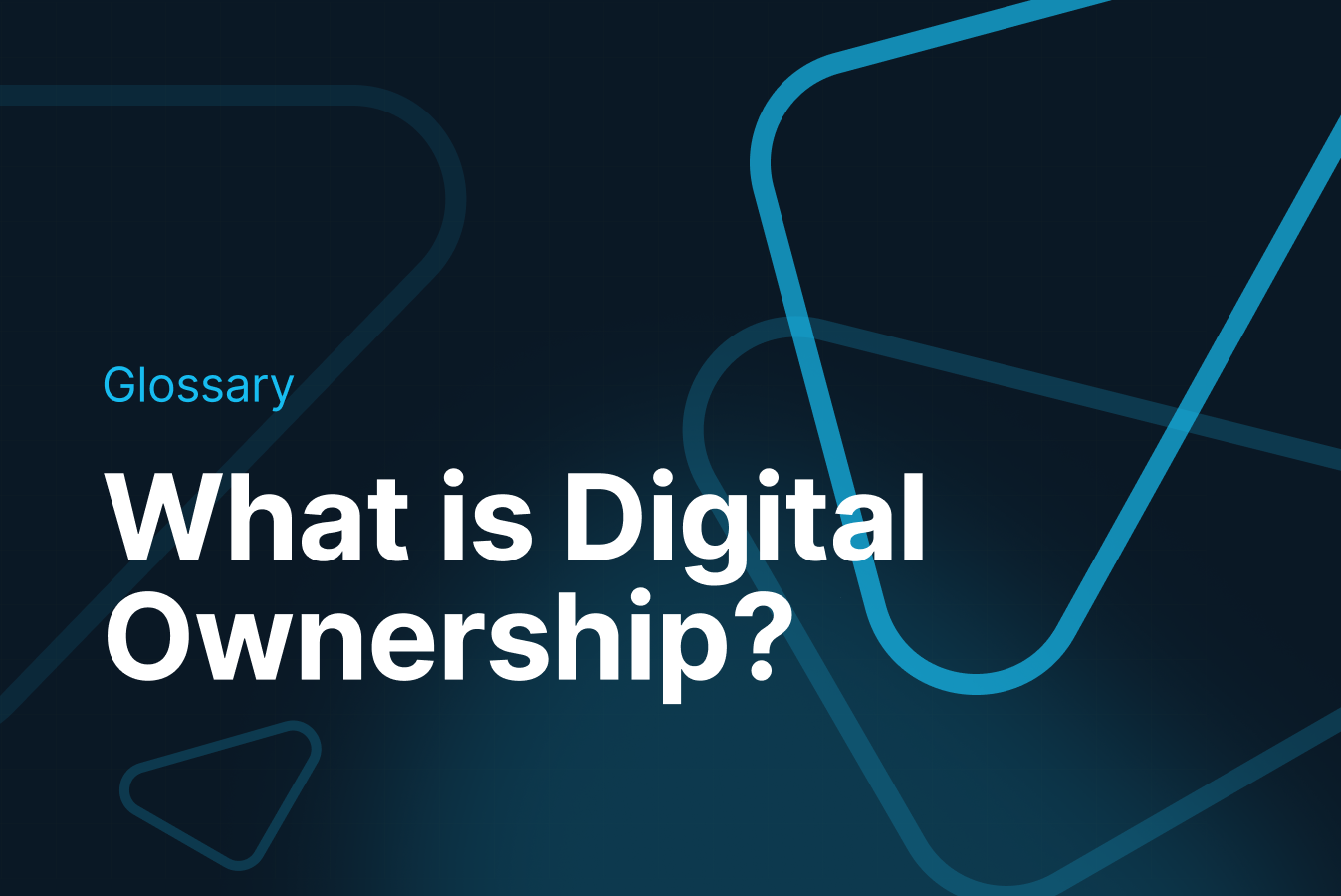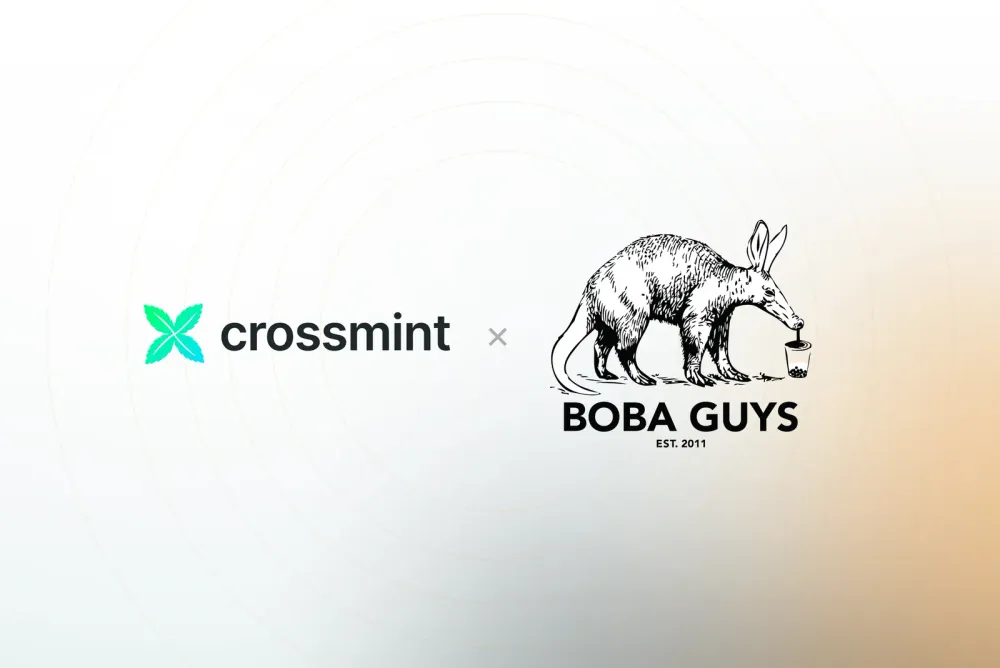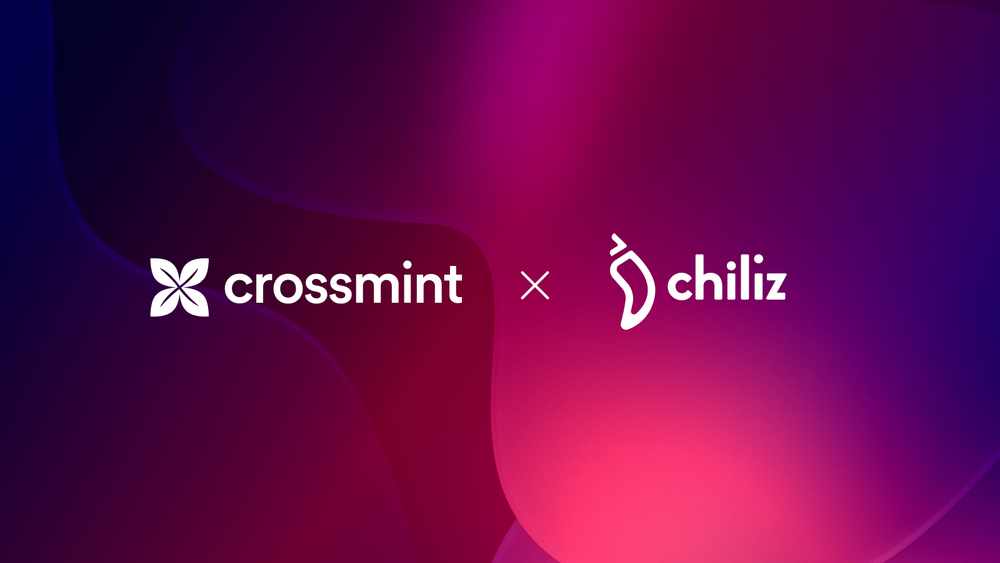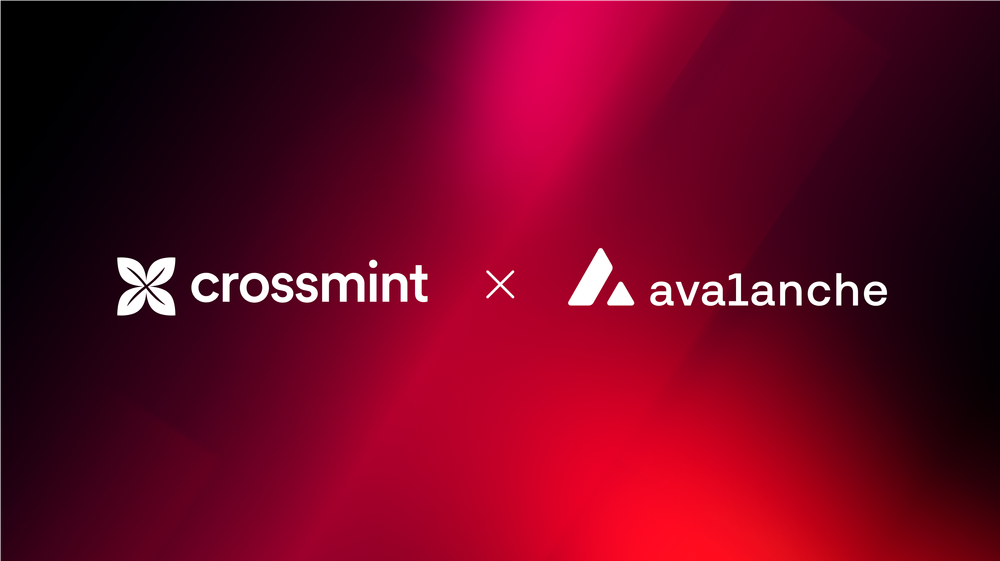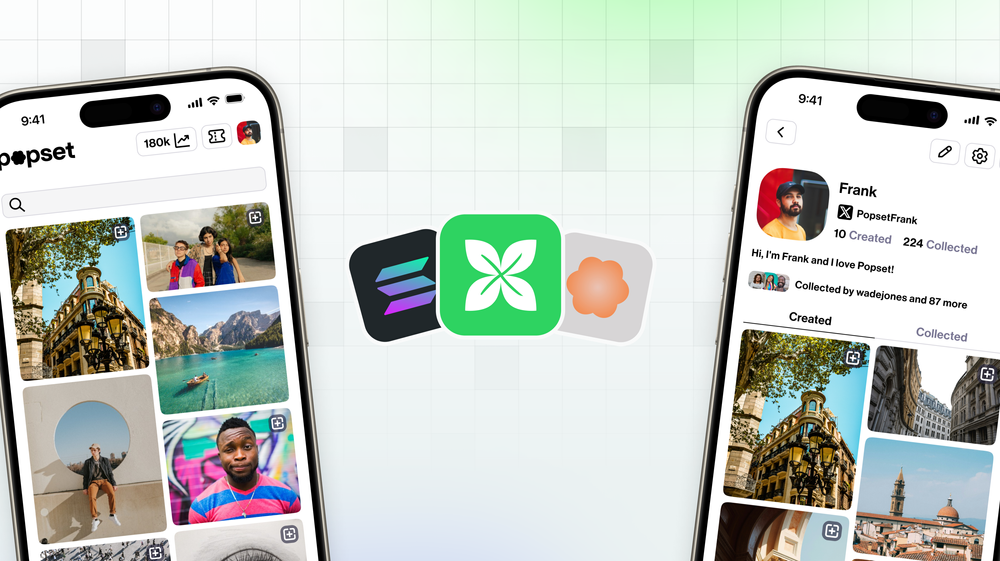Sarah, a graphic designer, creates a piece of stunning digital artwork. She uploads it to a blockchain platform, selling it as a unique digital asset – an NFT. Weeks later, she's thrilled to find out her artwork has been resold at a higher price, and she receives a percentage of the sale as a royalty. This story isn't just a glimpse into a futuristic world; it's a reality today, and it revolves around a concept we're increasingly encountering – digital ownership.
Sarah's experience showcases a transformation in how we understand ownership.
Ownership is no longer just about tangible assets - it's about anything that you can prove that you own.
What is Digital Ownership?
At its heart, digital ownership refers to the control and possession of digital assets. These assets, unlike their physical counterparts, are intangible and exist in a digital realm. They range from cryptocurrencies and intellectual property to online accounts and virtual goods. What sets them apart is the security and clarity of ownership.
Through encryption and the blockchain, digital assets provide a unique, verifiable, and immutable record of ownership, granting individuals unprecedented control and freedom over their digital possessions.
What's the Impact of Blockchain on Digital Ownership?
Blockchain technology is a cornerstone in the world of digital ownership. It's a decentralized ledger recording transactions across many computers, making records tamper-resistant. This technology is fundamental to cryptocurrencies and a myriad of digital assets, reshaping ownership by offering:
- Immutability: The ownership record of a digital asset on a blockchain can't be altered, ensuring security.
- Decentralization: Removing central authorities, blockchain operates on a peer-to-peer network.
- Transparency: All participants can view transactions, ensuring a transparent ownership transfer process.
- Smart Contracts: These automate transactions and enforce contracts, adding efficiency and security.
Can I Transfer the Ownership of an Asset?
Yes, transferring digital assets is a key feature of digital ownership. While the process varies by asset type, blockchain technology often facilitates secure, transparent transfers.
Digital Ownership: Use Cases
Digital ownership isn't just theoretical; it has practical applications across various sectors. Here are some key examples:
- Cryptocurrencies: The most notable digital assets, like Bitcoin and Ethereum, are secure and transparently recorded on blockchains.
- NFTs (Non-Fungible Tokens): Representing unique digital content, NFTs are transforming art, music, and more by enabling direct sales and royalties.
- Digital Collectibles: Blockchain ensures the rarity of digital trading cards and virtual real estate, creating a thriving market.
- Intellectual Property: Digital ownership empowers creators like writers and musicians with control over their digital creations.
- Gaming: Players can own, buy, and sell in-game items, often as NFTs, enhancing the gaming experience.
- Digital Identity: Managing digital identities securely is crucial, and blockchain can play a significant role.
- Supply Chain Management: Blockchain provides transparent and immutable product tracking from manufacturing to consumer.
Conclusion
Digital ownership is not a question of IF, but a question of why. As individual digital ownership has become more prevalent since the invention of Bitcoin, enterprises, and brands have also discovered that digital ownership is the future.
In January 2024, the SEC approved ETF for spot bitcoin - which further legitimized both the digital asset industry and digital ownership.
What will the next 10 years hold? Only one way to find out.



